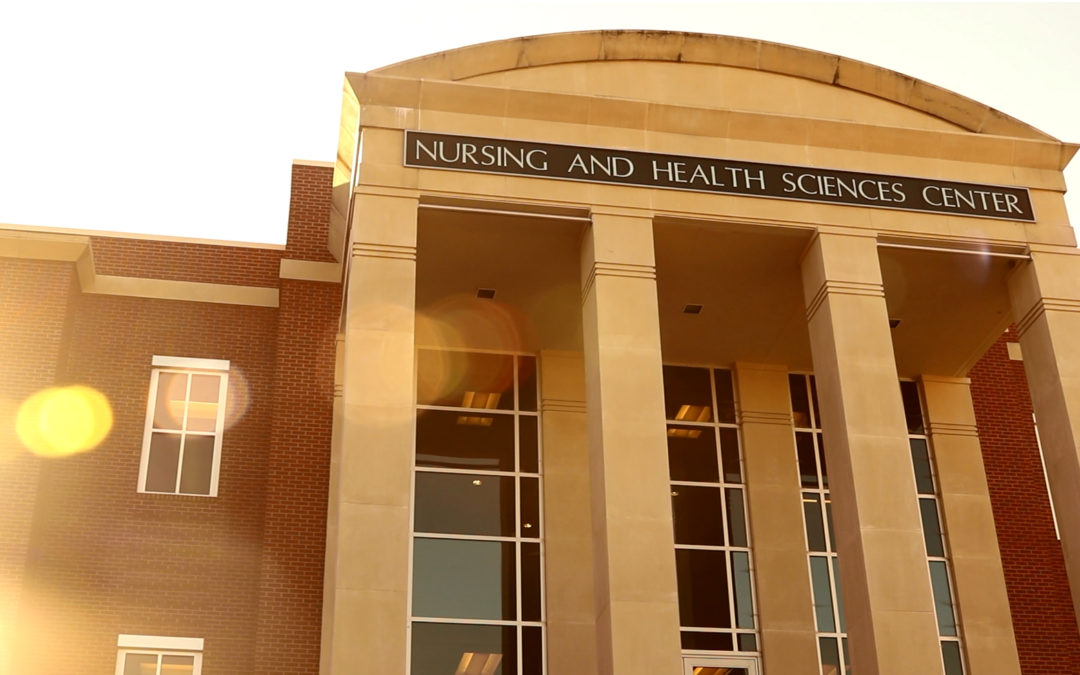Last year, Lipscomb’s School of Nursing felt the pressure exceed their former test results to guarantee their accreditation from the Accreditation Commission for Education in Nursing and the Tennessee Board of Nursing.
In order to keep the school in good standing with the accrediting boards, the 2016 graduating class pushed to achieve an 85% first-time pass rate on the NCLEX. The NCLEX is a nationally recognized exam from the National Council of State Boards of Nursing that graduates of an accredited institution must pass to receive their licenses to practice.
Dr. Roger Davis, Dean of the College of Pharmacy and Health Sciences, said that now that they have heard the results, the School of Nursing has a clean bill of health from their accrediting bodies.
“We have effectively been able to raise our first-time pass rate from about 67% for the 2015 graduating class to over 85% of the total class of the 2016 graduating class,” Davis said. “At the present time we actually are running at about a rate of 97% for those that have taken it, and so we are grateful for the dedication of our faculty and staff and for the dedication of our students.”
The NCLEX is used as a means of comparing nursing programs nationally and can range from 75 to 250 questions per exam. While this achievement is a huge milestone for the school, Davis said these test results alone are not the only indicators of the possible success of students.
“We believe that we provide a very sound and visionary curriculum for our nursing students, and our experiences in a variety of institutions and healthcare facilities across Nashville give them really an unprecedented nursing education. Our placement rate in the job market is extremely high and continues to be, even in the face of some of the challenges we’ve had,” he added.
The results of the NCLEX results were not available until August, leaving time for the rising students to question what the status of the School of Nursing would be when they returned from summer break. Nursing major Sasha Hogan returned to Lipscomb for her senior year and felt the difference in morale through the department.
“It was a little nerve-racking, but I just had a lot of faith in the seniors that they were going to do great on their NCLEX,” Hogan said. “There’s a lot more positivity now because there isn’t that worry of ‘Oh, the program may not have its accreditation next year.’ So that worry is out of the program, and that’s great news.”
For Hogan, the temporary stress is worth her having confidence in the quality of her education as well as when she enters the workforce.
“It’s a great encouragement to have the stability of a job. One of the reasons I chose Lipscomb was because of the great job-placement rate after college. I’ve heard great things of people being like, ‘We want Lipscomb nurses because they have that good wholesome care and Christ-centered personalities with their patients,’” Hogan said. “That was encouraging, and it’s just good knowing that my friends who graduated in May have jobs.”
Due to the statistics behind pass rates and job placement, Hogan can rest easier knowing that her future is a little brighter. Davis said the same is true for the entire School of Nursing. Before raising the pass rate was at the top of the administration’s to do list, plans had been made for expansion in the scope of practices offered in the school. Since the passing rates have risen, these plans can continue.
“Our next phase of growth is not necessarily in increasing our numbers, although we do want to get back to the numbers that we had at one time,” Davis said. “We’re ready now to go full steam into expanding the scope of our program at the graduate level, giving our BSN graduates opportunities to receive graduate degrees and also an opportunity for nurses who want to upgrade their current degrees. Whether it’s an AD or BSN degree, it would be provided through that pathway as well.”
Students can expect more announcements from the School of Nursing about these new ideas for expansion throughout the year, but for now, it appears that the 2016 graduating class has nursed the program back to health and left the remaining students with hope in the future.

